Café scientific was one of the best public engagement activities that I have done in the past years, and I do recommend going there and deliver your talk to the public.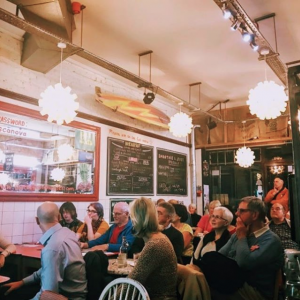
In all my past experiences (including pint of science, the festival of learning, U3A, the Air Show and others) I have always met great people who were interested to know and learn more about what we are doing here at BU, and at Café Scientific, it was no different.
I arrived there 1h before the talk, the café (vintage/steampunk style), was already set up for the event, thanks to the great work of the Public Engagement Team. So I had all the time to calm down and get ready.
At about 19:30 the place was packed, and few people had to listen to the talk standing up.
A sample of the presentation is available on Youtube:
Even if the room was fully booked, the audience was very quiet and focused on listening to the 40 minutes presentation.
However, the best part was at the end, and I am not referring to the delicious brownie cake that Boscanova Café made for celebrating the 5th birthday of Café Scientific, but for the questions.
I was happily surprised to have so many interesting questions, which made me think again about my projects.
There were questions about: the effect of singing and yoga exercises on balance; why not make a POWERbreathe that instead of a mouthpiece has a nosepiece; how much the improvement in balance was due to the strength of the muscles trained and not just the ability to breathe deeper; why not test the effects of meditation, and others very intelligent questions.
Finally, it was challenging and I hope that all the audience received the right message: research can be fascinating and fun, especially if you can share it with others.
If you are interested in know more about how to breathe your way into balance, contact me at fferraro@bournemouth.ac.uk
Thank you for reading.
Francesco.



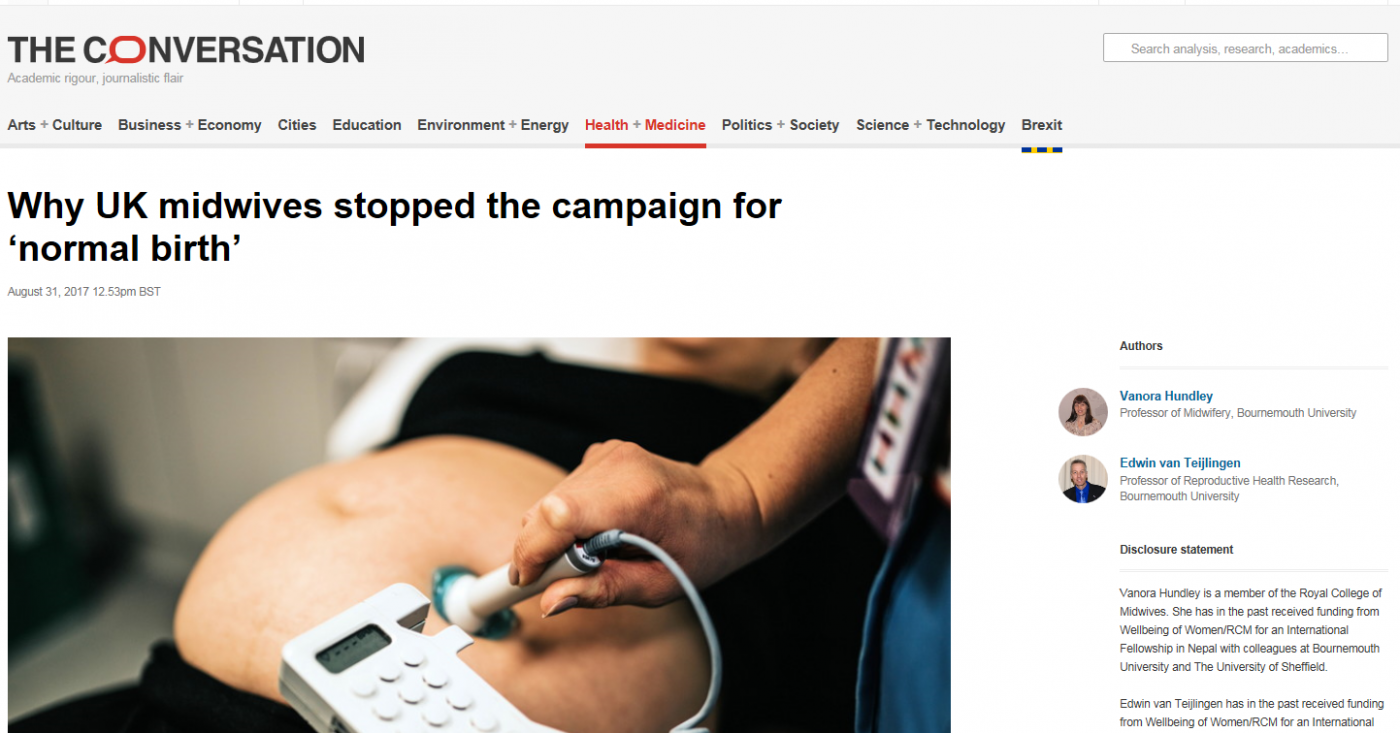
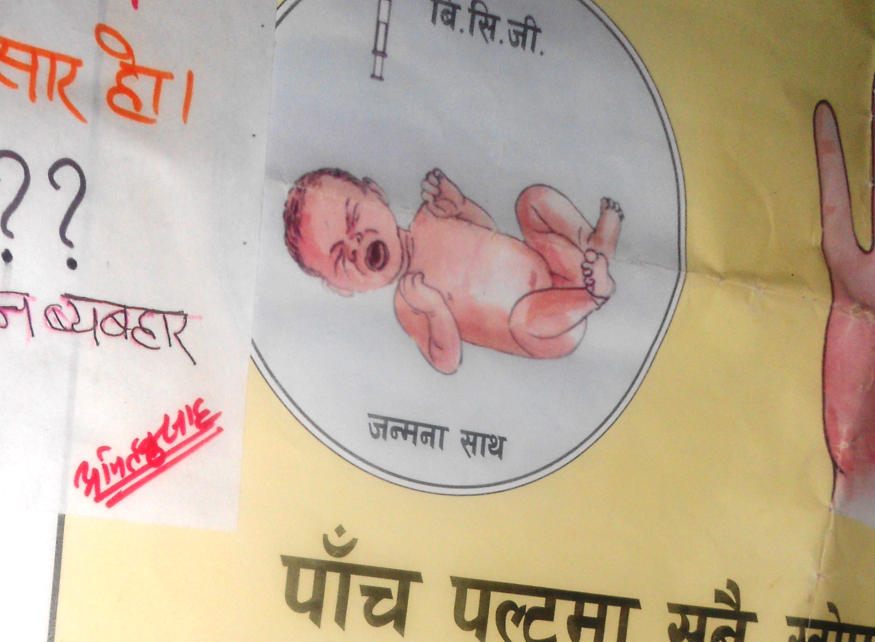


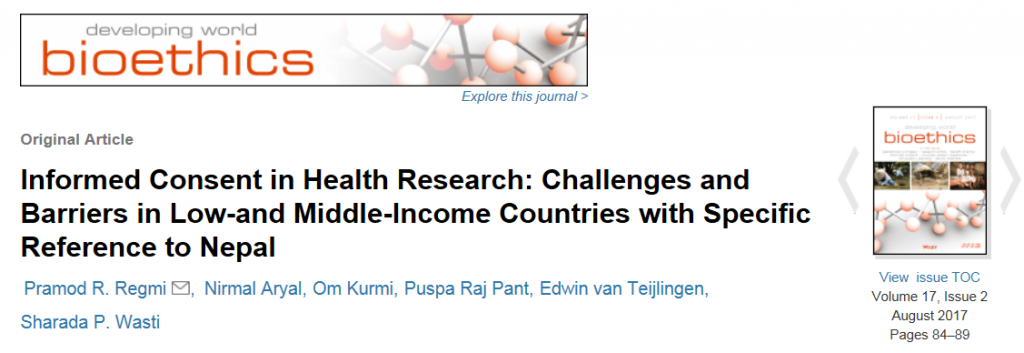


 ent simulator, and the VirtaMed knee arthroscopy. This is the only lab in Europe where the two simulators are together.
ent simulator, and the VirtaMed knee arthroscopy. This is the only lab in Europe where the two simulators are together. just drilling holes into a piece of wood using the simulator was incredibly hard. However, as I used and practiced the simulators more, I could feel myself improving and progressing in the fundamental skills required.
just drilling holes into a piece of wood using the simulator was incredibly hard. However, as I used and practiced the simulators more, I could feel myself improving and progressing in the fundamental skills required.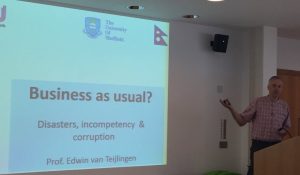


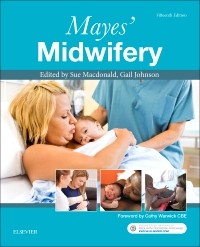
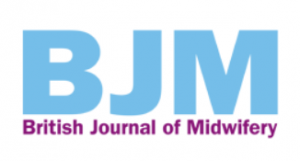
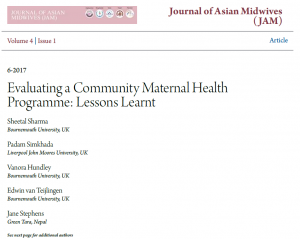

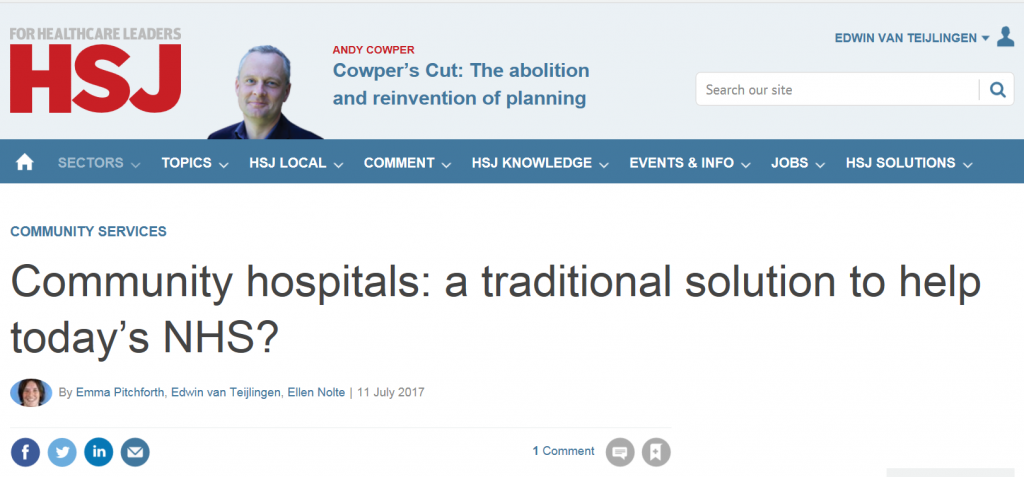
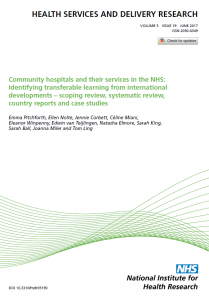










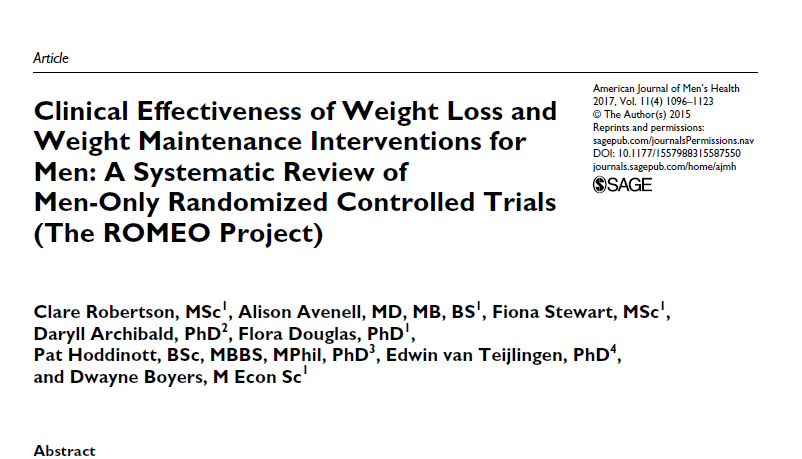
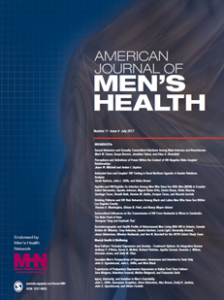
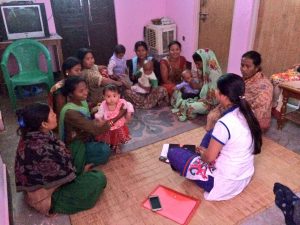











 Fourth INRC Symposium: From Clinical Applications to Neuro-Inspired Computation
Fourth INRC Symposium: From Clinical Applications to Neuro-Inspired Computation ESRC Festival of Social Science 2025 – Reflecting back and looking ahead to 2026
ESRC Festival of Social Science 2025 – Reflecting back and looking ahead to 2026 3C Event: Research Culture, Community & Cookies – Tuesday 13 January 10-11am
3C Event: Research Culture, Community & Cookies – Tuesday 13 January 10-11am Dr. Chloe Casey on Sky News
Dr. Chloe Casey on Sky News Final Bournemouth University publication of 2025
Final Bournemouth University publication of 2025 ECR Funding Open Call: Research Culture & Community Grant – Application Deadline Friday 12 December
ECR Funding Open Call: Research Culture & Community Grant – Application Deadline Friday 12 December MSCA Postdoctoral Fellowships 2025 Call
MSCA Postdoctoral Fellowships 2025 Call ERC Advanced Grant 2025 Webinar
ERC Advanced Grant 2025 Webinar Horizon Europe Work Programme 2025 Published
Horizon Europe Work Programme 2025 Published Update on UKRO services
Update on UKRO services European research project exploring use of ‘virtual twins’ to better manage metabolic associated fatty liver disease
European research project exploring use of ‘virtual twins’ to better manage metabolic associated fatty liver disease